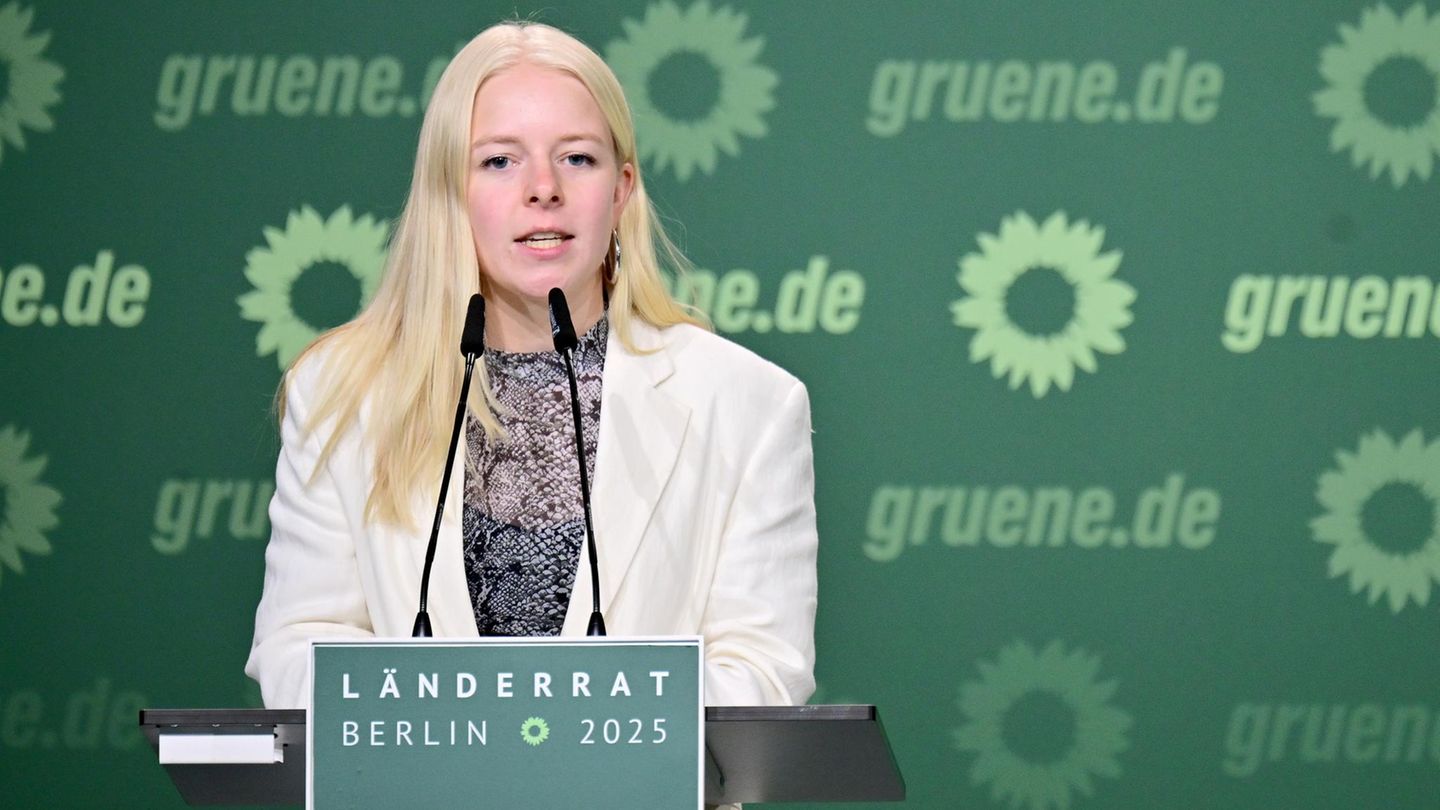“The IMF continues the conversations with the Argentine authorities on the strengthening of the country’s program,” said Julie Kozack, spokeswoman for the International Monetary Fund in the framework of a press conference held yesterday in Washington.
The review takes into account the impact of a historic drought on the economy, the official clarified, although she did not provide any information regarding when it is estimated that the negotiations will conclude and, therefore, when the face-to-face meetings will take place in the States Joined. Measuring her words, Kozack reiterated that “the teams continue to work constructively, the discussions are frequent and are aimed at advancing the program. Those discussions, simply put, are ongoing, and I certainly don’t want to get ahead of them.” In the same sense, the Palacio de Hacienda respond when clarifications are requested regarding the progress of the negotiations.
The spokesperson indicated that “the discussions are focused on policies to safeguard stability, improve fiscal sustainability and strengthen reserves. Each of these (issues) are essential to reduce inflation and ultimately protect the most vulnerable members of society, who often bear the brunt in these difficult economic times.”
While acknowledging that “the situation in Argentina is, of course, very complex. The economic situation is very difficult and greatly aggravated by a historic drought. So that’s the broad context.”
When asked by Ámbito regarding the new local debt swap, the spokesperson asserted that the “IMF welcomes the efforts of the Argentine authorities to reduce the refinancing risks associated with the internal debt,” admitting that the agency is following closely financing in the local market.
“The macroeconomic signal that the Fund’s technicians propose in the next 130 days is associated with the financing issue, they have their eyes on the exchanges, if it exceeds 50%, it would clear half the financing of the entire year… it is difficult, but we hope that this pass”, a high source from the Ministry of Economy specified to Ámbito.
The fiscal program is also at the center of the discussions. The latest numbers from the Palacio de Hacienda specify that the drought is meaning a loss of US$19.750 million. The figure could be somewhat lower – on the order of US$18,000 million – if wheat production evolved favorably, but in any case it is a “massive” impact, the authorities maintain, which has affected not only income currency, but also tax collection (less revenue from export duties).
Faced with lower income, the Treasury faces rigid expenses, such as “retirements and social expenses that the Government is not willing to reduce,” they point out in Economy. However, the authorities indicate that they bring to the Fund numbers “consistent” with an improvement in the fiscal situation.
The expectation of the Ministry of Economy is that -after the strongest drought in history, as recognized by the IMF- the program agreed with Argentina by the end of the current month will be recalibrated.
In this sense, once the virtual negotiations are “successfully” completed, as indicated in the Palacio de Hacienda, it is expected that a mission of the Argentine authorities, headed by Vice Minister Gabriel Rubinstein and the head of advisers of the Palacio de Hacienda, Leonardo Madcur, leave for the capital of the United States.
The intention of the authorities of the Ministry of Economy is that in the middle of the week that begins on June 19, the holder of the portfolio, Sergio Massa, would join to complete the understanding with the technical staff of the Fund.
In the last few days it emerged that, as a gesture from Argentina in favor of the negotiation, the Minister of Economy could resolve a partial payment to the agency before the next due date. Instead of waiting until June 22, when some US$2.7 billion mature, the Executive Power could arrange for a payment using Special Drawing Rights that are found in the Central Bank of the Argentine Republic.
In the economic team they trust that in the next few days the schedule of the negotiations will be announced, which must first pass through the filter of the technical staff and then be approved by the Fund’s Board of Directors.
From the Palacio de Hacienda they indicate that “it is already agreed” with the Fund that the Central Bank will continue to be allowed to intervene in the exchange market in eventual stress situations, although ask about this particular issue, Kozack did not respond.
The point under discussion is to what extent the Fund is willing to advance resources to Argentina and in what proportion they will be used in a possible exchange intervention, an alternative that the Argentine authorities do not rule out due to the tensions that usually accompany electoral processes.
Source: Ambito




